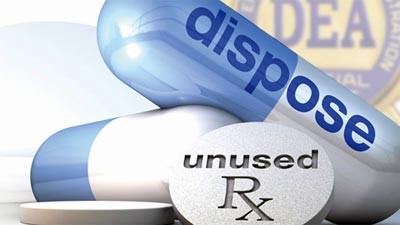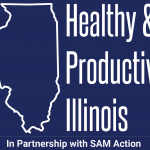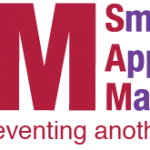by Maggie Fox / / Updated
Smoking e-cigarettes deliver cancer-causing chemicals that get into the body — and popular fruity flavors appear to be the worst, researchers reported Monday.
They said teenagers who try vaping may be poisoning themselves with many of the same chemicals that make traditional cigarettes so deadly.
Tests on teenagers show that those who smoke tobacco-based cigarettes as well have the highest levels of these chemicals in their bodies, but those who vape e-cigarettes also have higher levels of the cancer-causing chemicals than nonsmokers do, the team at the University of California, San Francisco, found.
“The presence of harmful ingredients in e-cigarette vapor has been established; we can now say that these chemicals are found in the body of human adolescents who use these products,” they wrote in their report, published in the journal Pediatrics.
E-cigarettes use a device that delivers fluid laced with nicotine and flavors, creating a smoke-like haze.
They’re promoted as a safer way to use tobacco — e-cigarette use is called vaping — and as a way to quit smoking. But public health groups, the surgeon general’s office, and the Centers for Disease Control and Prevention worry about evidence that vaping can get teens addicted to nicotine, and will lead them to smoke cigarettes.
Monday’s study shows vaping delivers harmful chemicals and potentially harmful chemicals.
The chemicals are not listed on the ingredients of the vape liquid. They’re found under the catch-all description of “flavorings”, the researchers said.
Dr. Mark Rubinstein, of UCSF’s Division of Adolescent Medicine, and colleagues tested 67 teenagers who vape and compared them to 16 teens who both vape and smoke tobacco cigarettes and to 20 teens who do not use either type of cigarette.
They tested their urine and saliva and asked questions about cigarette use.
Those who used both types of cigarette had significantly higher levels of dangerous chemicals, including acrylonitrile, acrolein, propylene oxide, acrylamide and crotonaldehyde, the team reported. And those who used only e-cigarettes had much higher levels than those who used neither product.
“Among our e-cigarette–only participants, the use of fruit-flavored products produced significantly higher levels of the metabolites of acrylonitrile,” they wrote.
Glycerin and other flavorings in both tobacco and e-cigarettes can react with one another or break down into the potentially harmful chemicals.
“Acrylonitrile is a highly poisonous compound used widely in the manufacture of plastics, adhesives and synthetic rubber,” the National Center for Biotechnology Information says on its website.
Acrolein “is toxic to humans following inhalation, oral or dermal exposure,” the Environmental Protection Agency says. Some studies show it can play a part in bringing about lung cancer, although the EPA says there is not enough data to show whether it causes cancer in people.
Propylene oxide and crotonaldeyde are probable carcinogens, the EPA says, while acrylamide’s role in causing cancer is more controversial.
Other teams have found other potentially cancer-causing chemicals in e-cigarette vapor, including diacetyl, the chemical blamed for causing “Popcorn lung” in workers at microwave popcorn packaging plants.
Teens are vaping more often than they are smoking cigarettes, the CDC says. The latest report on teen smoking shows 20 percent of high school students have used at least one tobacco product recently — mostly e-cigarettes. In 2016, 11 percent of high school students had used an e-cigarette in the past 30 days at the time of the survey — the CDC’s definition of current use.
“Teenagers need to be warned that the vapor produced by e-cigarettes is not harmless water vapor, but actually contains some of the same toxic chemicals found in smoke from traditional cigarettes,” Rubinstein said in a statement.
“Teenagers should be inhaling air, not products with toxins in them.” Health NEWS NBC











